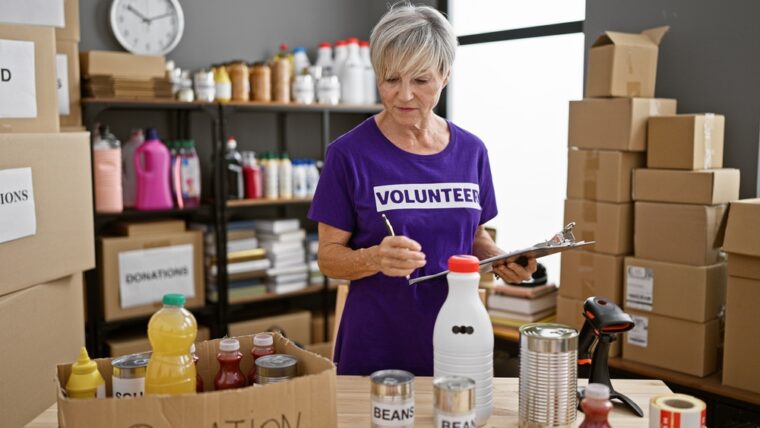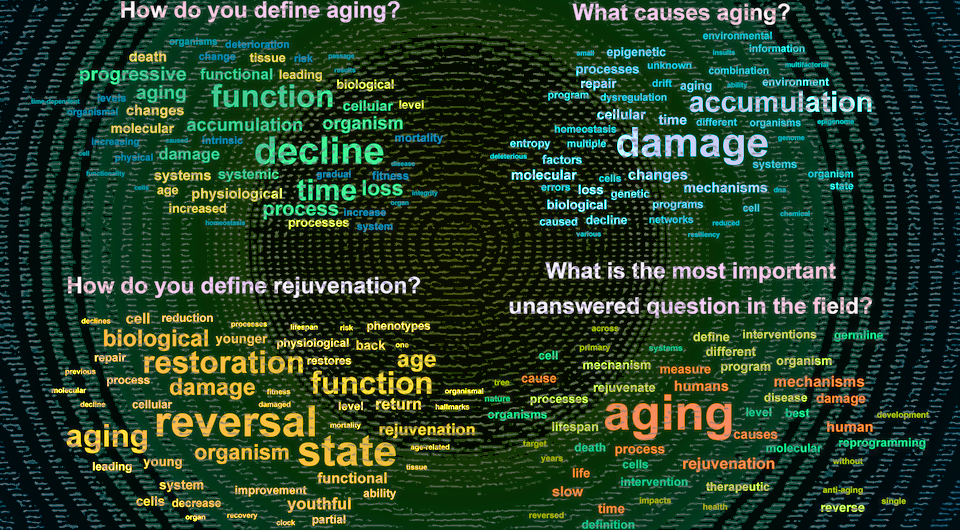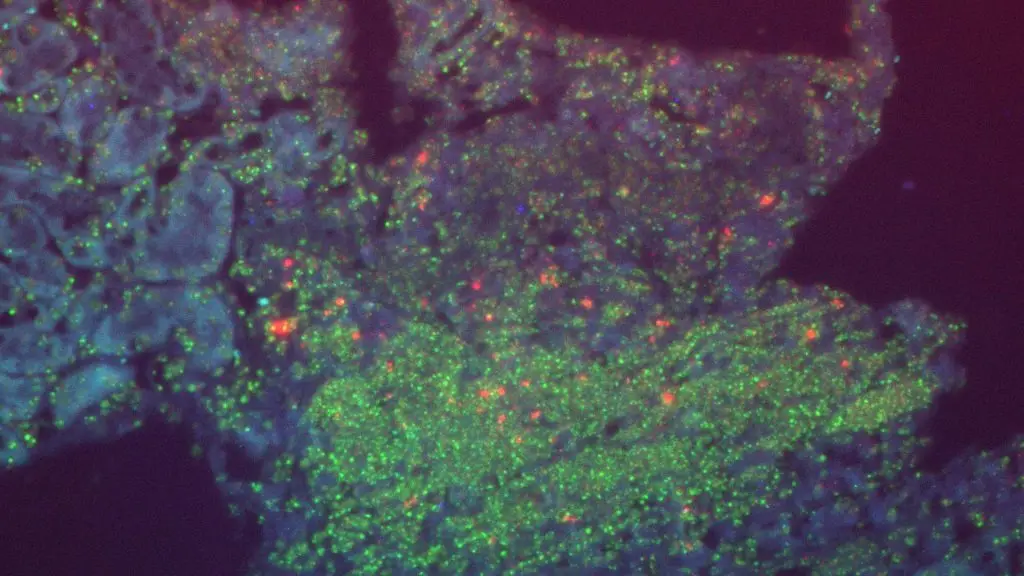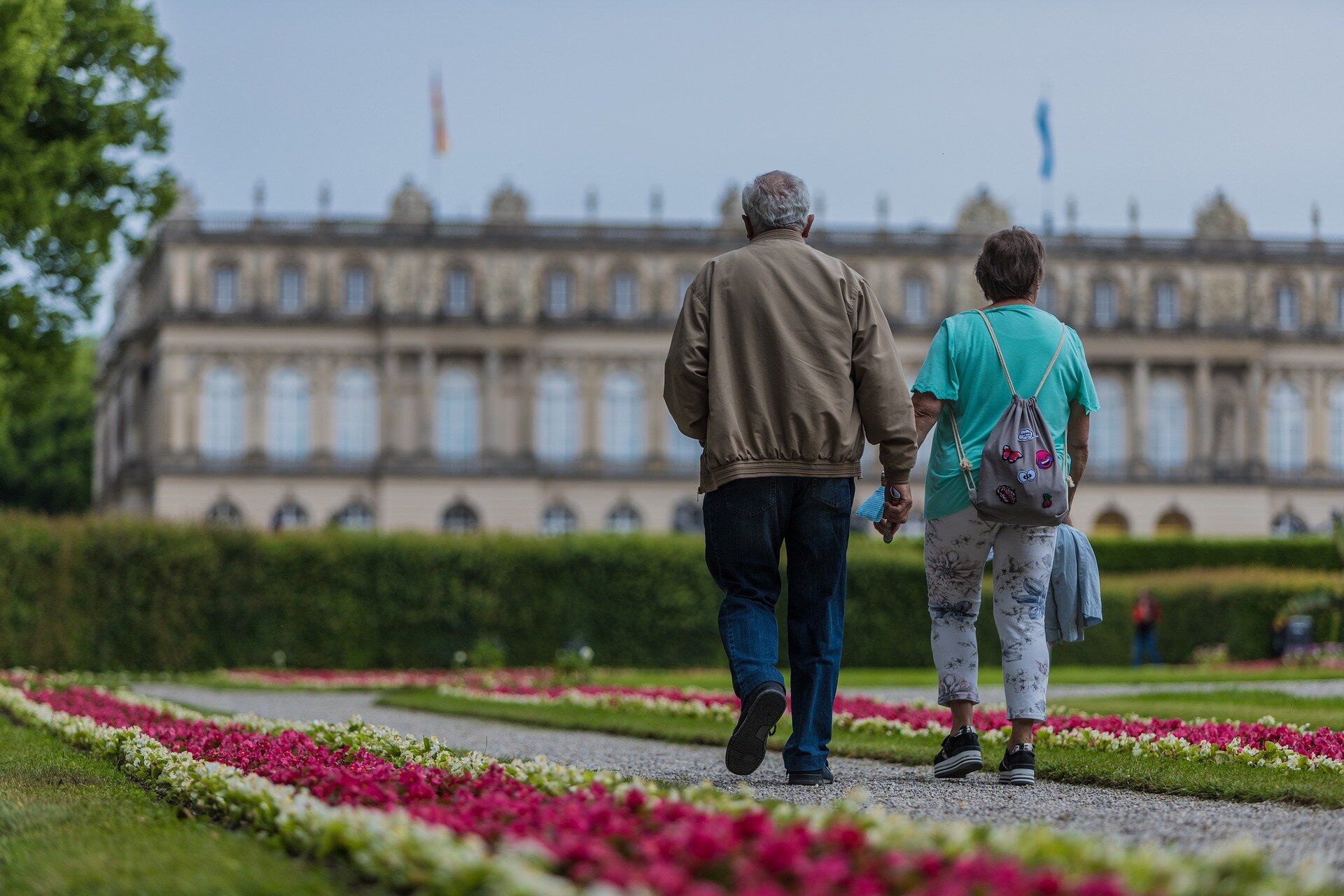Volunteering Slows Aging in Older Adults: Findings of a New Study
Researchers have determined how many hours of social engagement older adults need to slow down biological aging.
A new study from Brown School at Washington University found that volunteering is linked to slower aging in both retirees and those who continue to work past retirement age. The effect was particularly noticeable in the first group.
According to the publication in Social Science & Medicine, participating in volunteer activities fosters a sense of social involvement and importance, as well as increases physical activity. These factors collectively help slow aging in older adults.
The researchers accounted for variables such as physical activity frequency, smoking, alcohol consumption, obesity, and other factors to ensure they didn’t distort the study’s results.
“We found that volunteering for more than 200 hours per year most effectively slows biological aging,” said lead author Kal Halvorsen.
However, the effect was also observed with lower levels of involvement.






